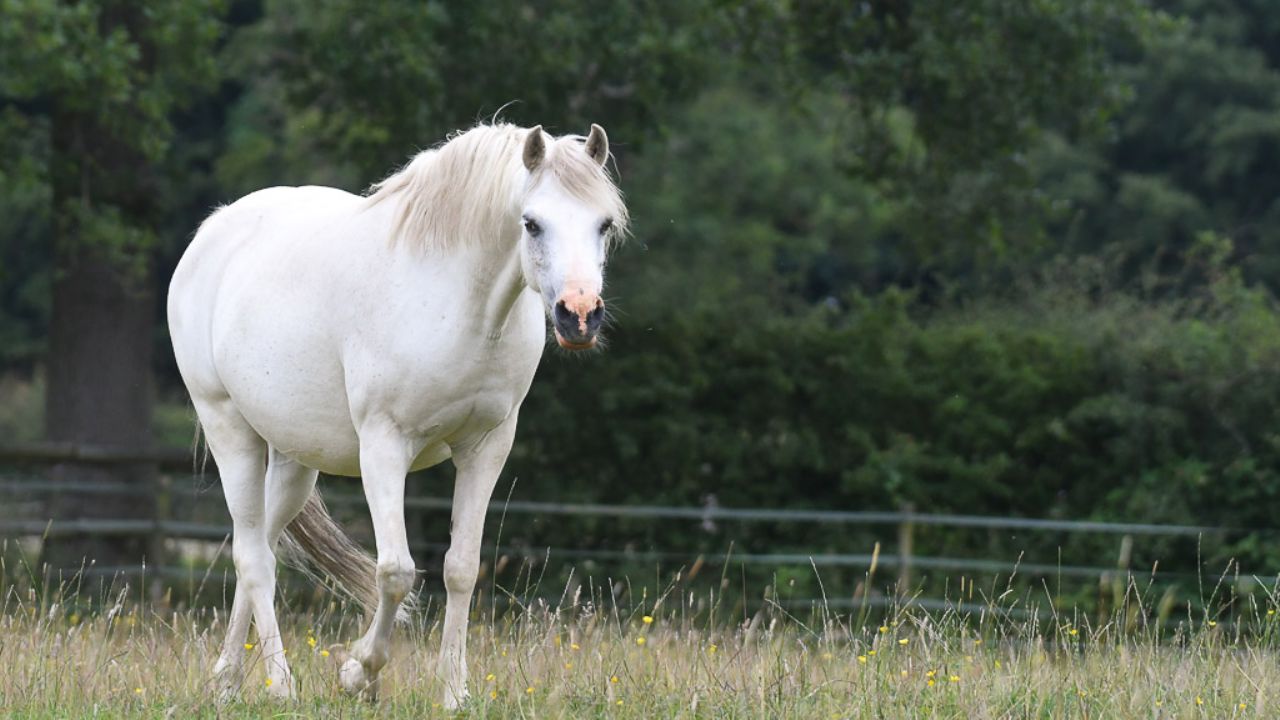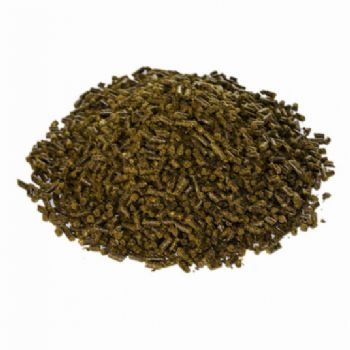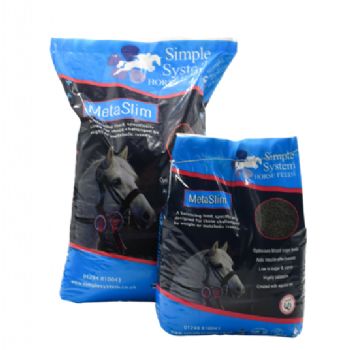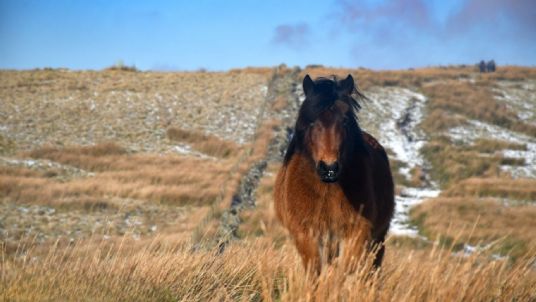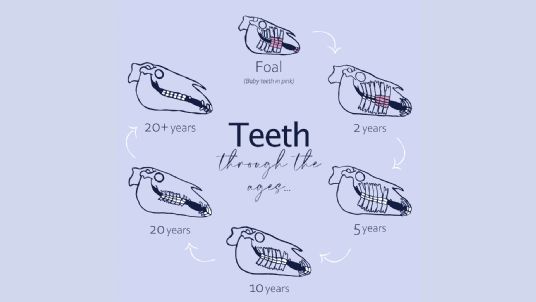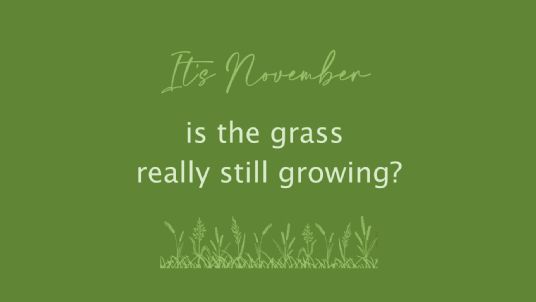There are many common misconceptions about what causes laminitis and how it ought to be managed. Simple System Director of Nutrition, Jane van Lennep, answers some of the questions that are frequently asked by customers who contact our Feed Line.
My horse is currently on box rest with laminitis, but I am really upset they are not actually overweight. Why do they have laminitis? Laminitis is a metabolic disorder and many but not all, are overweight when they develop the condition. It is associated with Equine Metabolic Syndrome (EMS), Pituitary Pars Intermedia Dysfunction (PPID) - more widely known as Cushing's disease, and insulin dysregulation. Once a horse has suffered a bout of laminitis, it takes less to trigger an episode. Stress can also be involved, so it is important to keep all horses, but especially susceptible ones, stress free. Company, access to enough forage and outside space are all important. Horses with fat pads, such as a cresty neck, are more susceptible, even if the rest is lean.
Is short grass best for laminitic horses? It seems logical that if there is less grass, that has to be better than lots of grass for laminitis prone horses, but short grass is only that way due to being grazed down. The grass wants to grow and make seed, so constant grazing stresses it, which in turn increases its sugar levels. High sugar levels should be avoided for those prone to laminitis. Sugars are stored in base of the plant, so grazing short grass will actually increase the proportion of sugar ingested by the horse.
Grass that has been allowed to grow tall and ideally, go to seed, will have far higher levels of fibre, much less sugar, will not be stressed and will also provide a far more satisfying chew - a much better option for our horses.
Should I ‘starve’ my overweight horse to make them less susceptible / help them recover? In short - no! A high fibre, forage diet is important for gut health and there needs to be sufficient protein to support muscles.
Over restricted horses very cleverly lower their metabolic rate and hold onto body fat as part of their natural survival mode. This makes weight loss trickier. Providing insufficient volume of food also causes stress which releases associated stress hormones. This actually increases the risk of metabolic issues such as Cushing's disease (PPID), Equine Metabolic Syndrome (EMS) and Insulin Resistance (IR).
At Simple System we have a range of feeds suitable for metabolic horses and good doers. This includes MetaSlim - our forage balancer created with an equine vet to aid insulin effectiveness and optimise blood sugar levels. To view our range of low calorie horse feeds please click here.
To discuss feeding your laminitis prone or metabolic horse, call the Simple System Feed Line on 01728 604 008 or complete our online form. If your equine friend is showing any symptoms of laminitis please contact your vet in the first instance.
